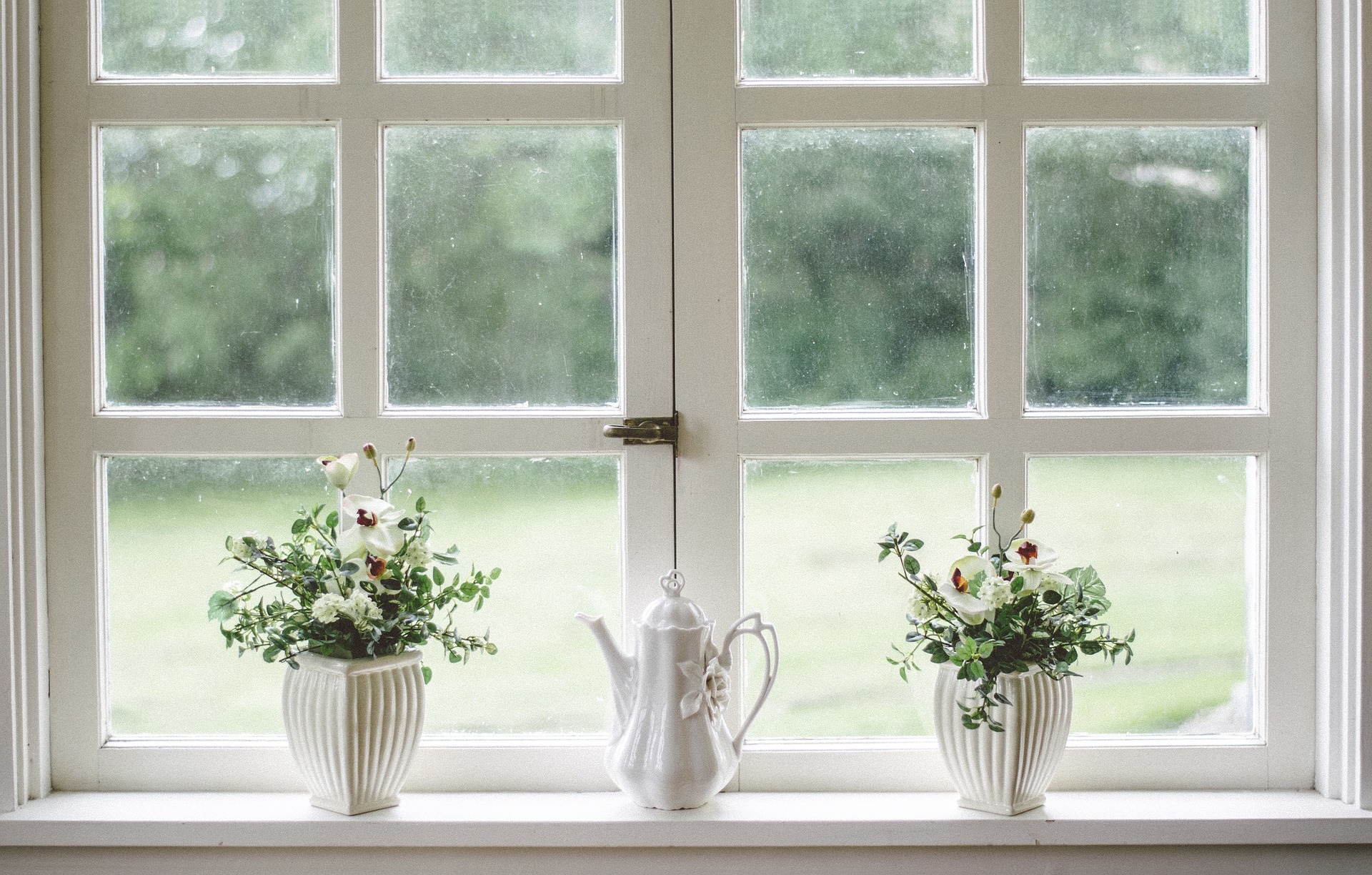
24 Oct My wife owns our home. Can we take the $500k exclusion?
Photo: pixabay.comQ. My wife is the title holder to our $400,000 home. She bought the house for $50,000 40 years ago. We married four years ago, and I’ve been living in the home since then. Are we entitled to the $500,000 exemption for married couples? How does this work?
— Ready to sell
A. Congrats on your marriage.
There are several circumstances that have to be met for you to take care of the $500,000 gain for married people.
First, the married couple must file a joint return for the year, said Kenneth Bagner, a certified public accountant with Sobel and Co. in Livingston.
Also, he said, either spouse, or both spouses, must have owned the home for at least two years during the five-year period ending on the date of sale, and both spouses must have used the home as a principal residence for at least two years during the five-year period ending on the date of sale, Bagner said.
Additionally, neither spouse must have excluded the gain from the sale of another home during the two-year period ending on the date of sale, he said.
“A taxpayer is considered to have owned and used a home as a principal residence during the time his or her deceased spouse used the home as a principal residence,” he said. “This rule applies as long as on the day the home is sold the taxpayer’s spouse is deceased and the taxpayer has not remarried.”
Divorced spouses can also benefit from the ownership and use periods of former spouses to satisfy the exclusion requirements, he said.
Bagner said in cases of divorce, taxpayers can benefit from both the ownership and use periods of former spouses to satisfy the requirements.
“If a taxpayer receives a home as part of a divorce property settlement, the taxpayer’s ownership period will include the time the spouse or former spouse owned the home,” he said. “In addition, a taxpayer is treated as having used the home as a principal residence during the time the taxpayer owned the residence and the taxpayer’s spouse or former spouse was permitted to use it—under a decree of divorce or separation—as a principal residence.”
Also note you can add any improvements to the cost basis, and this assumes you haven’t used the home for a business and depreciated the home.
Email your questions to Ask@NJMoneyHelp.com.
This story was originally published Oct. 24, 2019.
NJMoneyHelp.com presents certain general financial planning principles and advice, but should never be viewed as a substitute for obtaining advice from a personal professional advisor who understands your unique individual circumstances.

